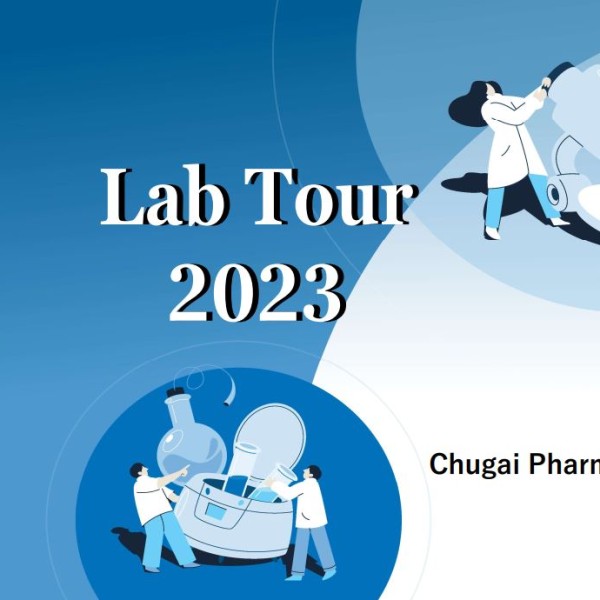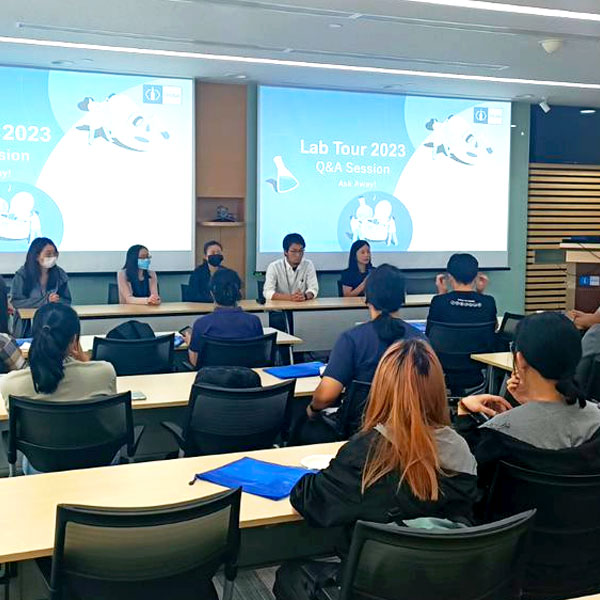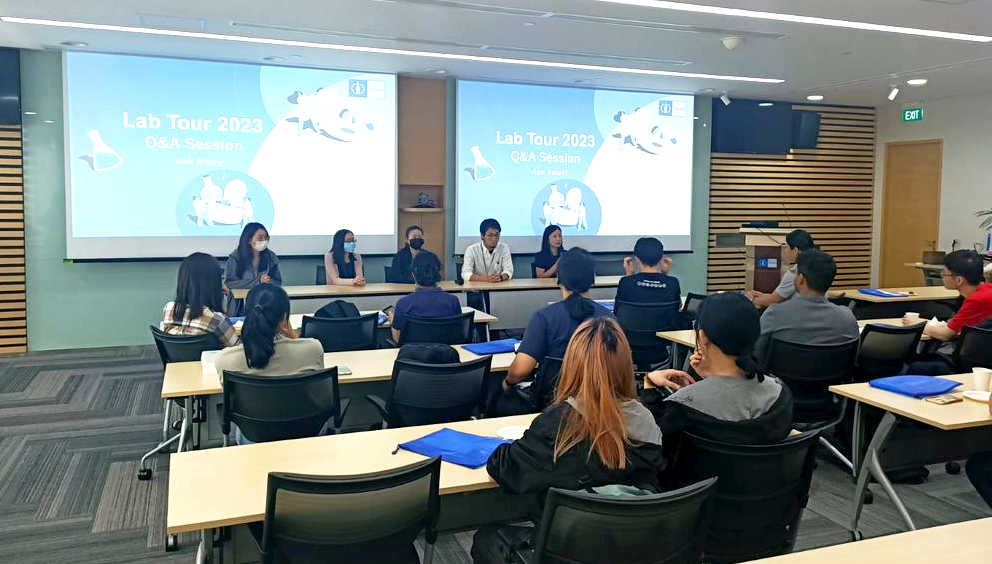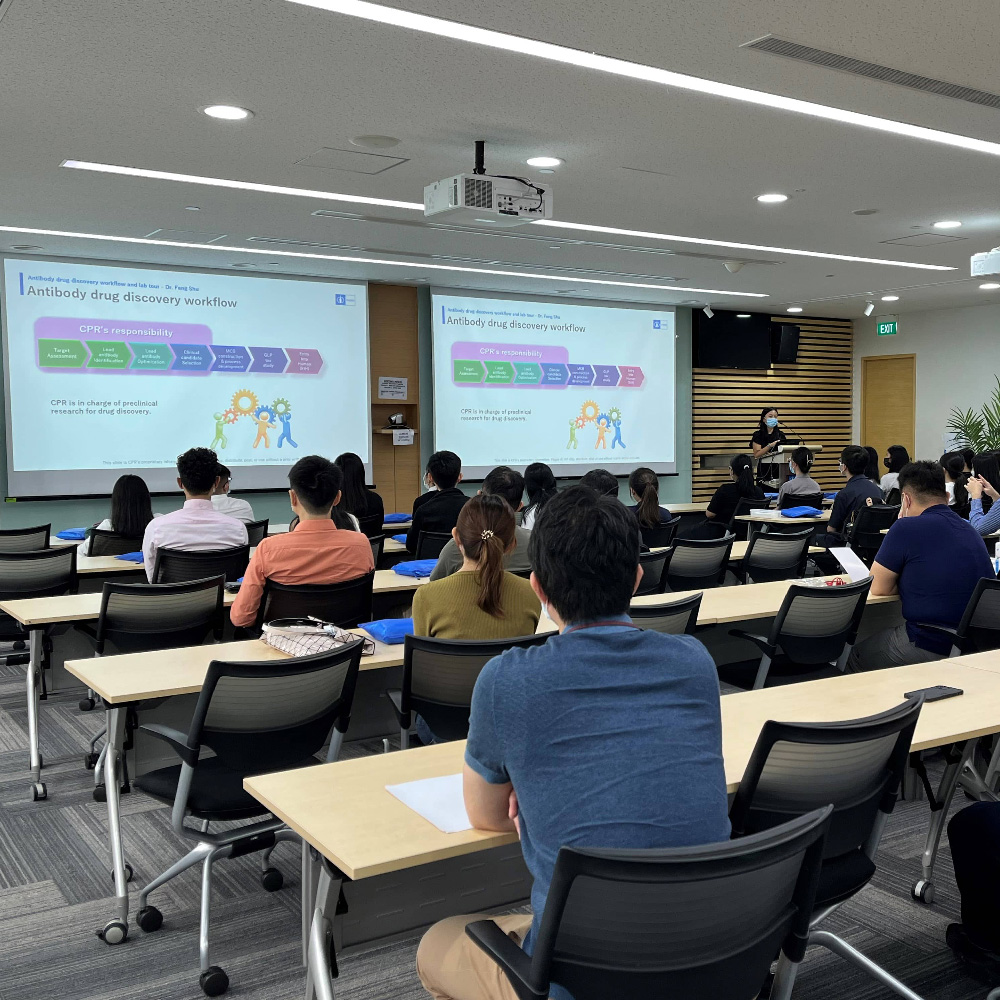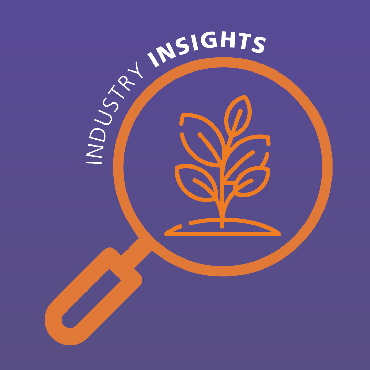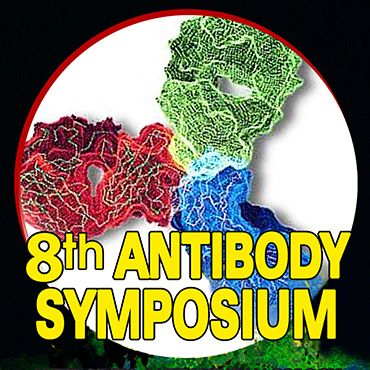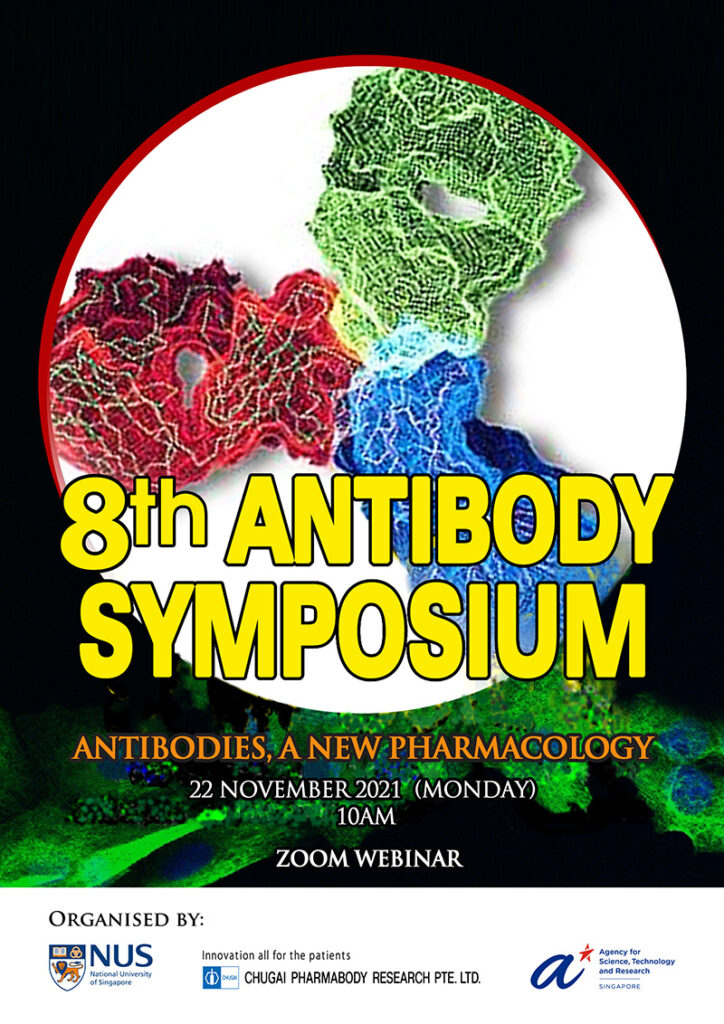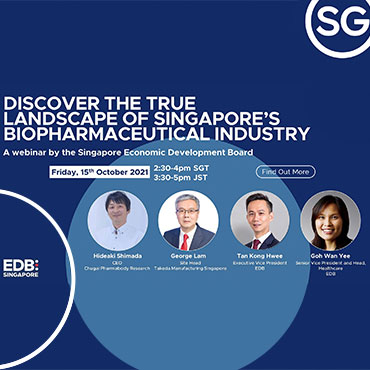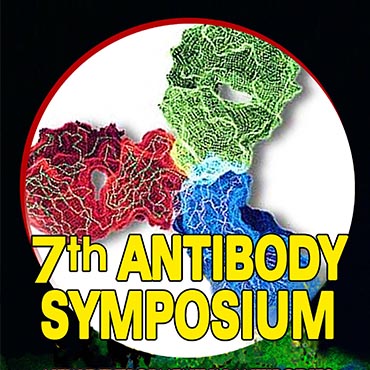On 11 September 2023, we warmly welcomed students from Nanyang Technological University (NTU) to our premises for a lab visit. The visit formed part of our annual university-industry collaboration initiative, to foster greater ties with academia and to serve as a catalyst for innovation and talent development.
The students had the opportunity to observe how cutting-edge antibody research is conducted in our lab. Through this in-person experience, they acquired a deeper understanding of the experimental processes and scientific methodologies used in research.
During the visit, we also held a presentation to introduce our antibody research and provided opportunities for the students to interact with us and ask questions. The students were able to learn about different career paths in science, gain insights into day-to-day research work and learn about the challenges and rewards of scientific inquiry.
We hope that this exposure has broadened the students’ perspectives, fostered a greater appreciation for the transformative impact of research and innovation, and inspired them to pursue a career in science.



